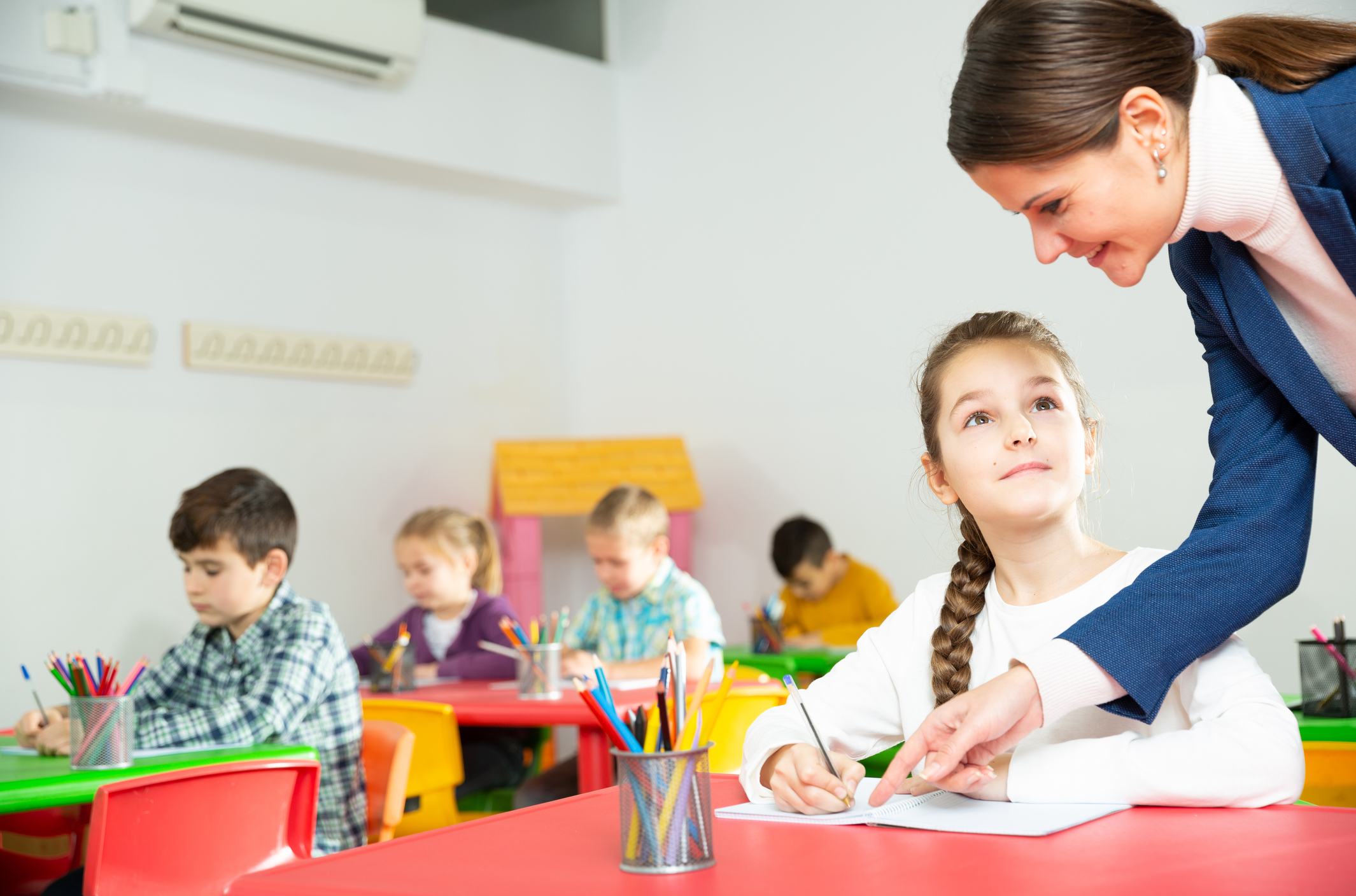Children with Attention Deficit Hyperactivity Disorder (ADHD) often face social challenges that can be perplexing for both parents and professionals. In this article, we will explore the concept of social executive function skills, their significance, and how parents can support their children in developing these skills.
The Foundation of Social Executive Function Skills
When children with ADHD encounter social difficulties, it often stems from lagging social executive function skills. These skills are critical for successful interactions with others. They involve our self-directed talk, often referred to as internal dialogue or the “brain coach.” Here are the four most common social executive function skills that lag in children with ADHD:
1. Perspective Taking
- Primary School: May appear bossy or controlling, leading to perceived bullying.
- Middle School: Engages in one-sided conversations and shows limited interest in others.
- Secondary School: May make inappropriate or offensive comments without understanding the impact on others.
Teaching perspective-taking involves helping children connect their words and behaviours to others’ reactions in various contexts.
2. Situational Awareness
Situational awareness, or “reading the field,” is crucial for understanding social environments. Children with ADHD might excel in structured situations but struggle in semi-structured or unstructured settings.
3. Relating to Others’ Emotional Experiences
Understanding and responding appropriately to others’ emotional expressions can be challenging for children with ADHD. This includes both empathetic responses and appropriately using humour within the context.
4. Initiation
Initiating conversations, asking for help, and advocating for oneself can be daunting tasks for children with ADHD. They may struggle with recognizing when they need assistance and how to seek it.
Teaching Social Executive Function Skills
Parents play a pivotal role in helping their children develop these essential social executive function skills. Here are some strategies:
- Teach Perspective Taking: Break down social interactions into a sequence of events to help children understand the correlation between their actions and others’ reactions.
- Enhance Situational Awareness: Encourage your child to pay attention to their surroundings and help them interpret the bigger picture.
- Support Emotional Understanding: Guide your child in recognizing and responding to emotional cues, including humour, in appropriate contexts.
- Foster Initiation: Create opportunities for your child to engage in conversations through activities or games.
Why Not Social Skills Groups?
You might wonder if enrolling your child in a social skills group is the solution. However, social skills groups have not proven highly effective for children with ADHD. These groups often focus on scripted behaviours, which don’t address the organic nature of communication.
Conclusion
Understanding and nurturing social executive function skills in children with ADHD is a crucial step in helping them thrive socially. Parents can make a significant difference by teaching and reinforcing these skills at home. By doing so, you empower your child to develop essential tools for navigating social interactions and reaching their full potential.







